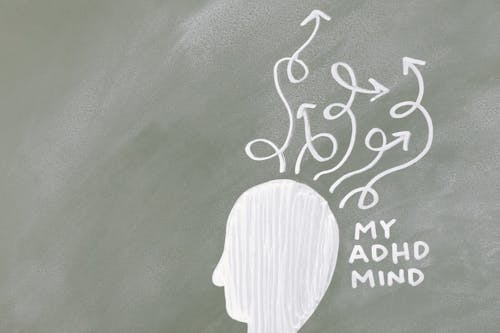Living with ADHD-related difficulties can feel like running a race with your shoes untied. Tasks that seem simple for others, such as finishing homework, staying focused in a meeting, or remembering an important date, may take twice the effort. The effects show up in school, work, and relationships, often leaving people frustrated or misunderstood.
Understanding how ADHD shows up in everyday life is the first step toward managing it, and knowing where to get the right medication support can make a real difference.
Work Challenges That Keep Adding Up
For many adults, ADHD-related difficulties create daily obstacles in the workplace. It’s not just about being “distracted.” Someone with ADHD may start multiple projects with energy but struggle to finish them, misplace key documents, or miss deadlines because time management feels slippery. Meetings can be hard to sit through without the mind wandering, and remembering details from long discussions may be overwhelming. Over time, these patterns can lead to stress, lowered confidence, and even conflict with coworkers or supervisors.
School Life and the Struggle to Keep Up
Students with ADHD often work just as hard, or even harder, than their peers but still find school exhausting. Staying on top of assignments, keeping track of instructions, and following through on long-term projects can all be stumbling blocks. In the classroom, difficulty sitting still or staying quiet might be mistaken for carelessness, even though the student is genuinely trying. For college students, juggling independence, deadlines, and focus makes ADHD-related difficulties stand out even more. Without the right strategies and support, it’s easy for grades and self-esteem to take a hit.
Strain on Relationships
ADHD doesn’t only affect academic or professional performance; it also influences personal connections. Forgetting to return a call, zoning out during a conversation, or interrupting without meaning to can frustrate partners, friends, and family members. These challenges can leave loved ones feeling ignored or unimportant, even though that’s not the intention. Over time, small misunderstandings pile up, and relationships may feel tense. Recognizing that these patterns are part of ADHD, not a lack of care, can help reduce some of that strain.
Why Medication Support Can Help
Managing ADHD isn’t about trying harder or forcing yourself to “just focus.” For many people, proper psychiatric medication management makes a big difference in how symptoms show up day to day. Medication can help sharpen focus, improve impulse control, and make it easier to manage responsibilities. A skilled medication provider can adjust treatment so that it works with your body and lifestyle, while also keeping an eye on side effects and long-term effectiveness.
Struggling with the daily impact of ADHD-related difficulties? At The Brain Balance Clinic, we understand the challenges you face. Our experienced team offers psychiatric medication management to help you find stability and improve your focus. We have dedicated ADHD specialists in Raleigh, NC, ready to provide personalized care and support.
Call now to learn how medication can be an essential component in addressing your mental health needs and helping you regain control of your life.



